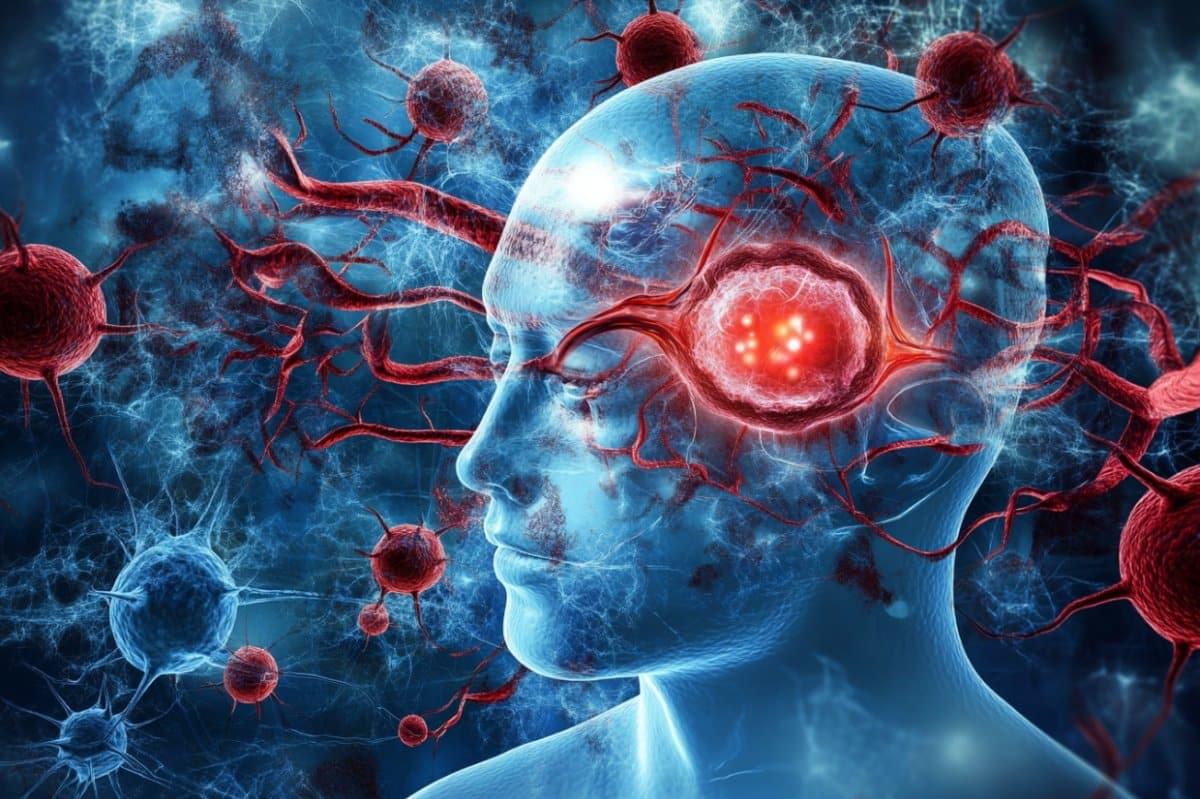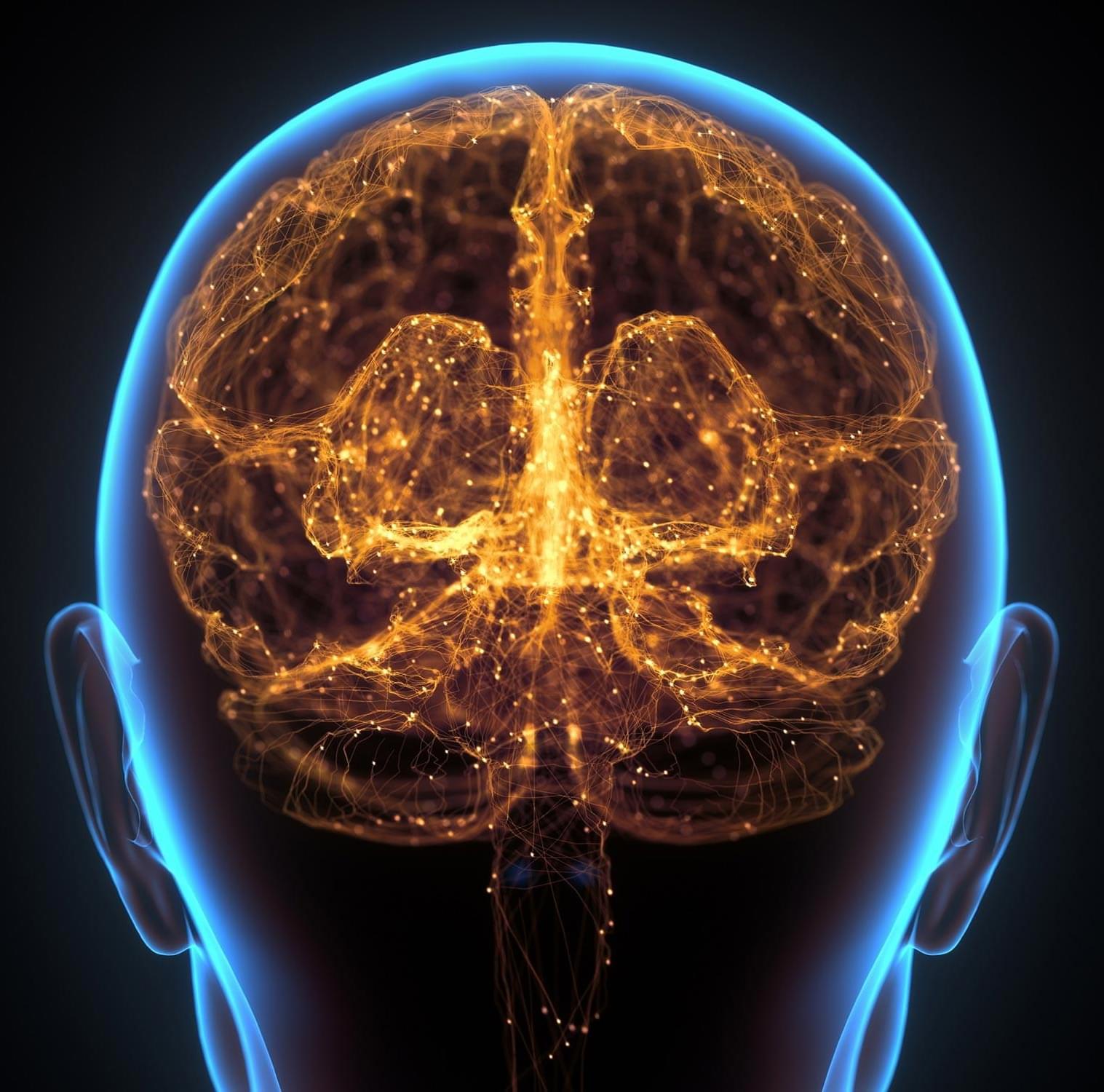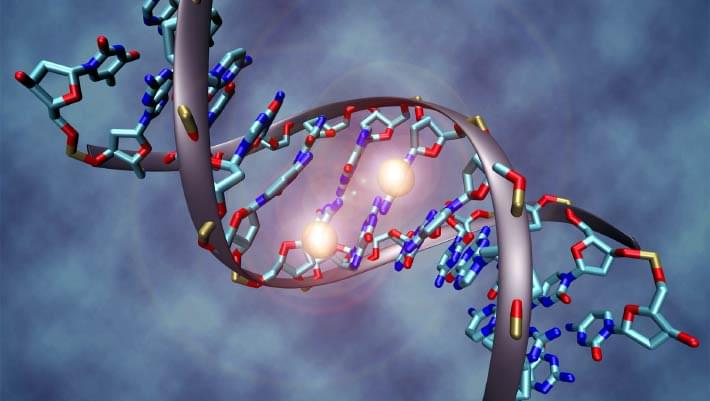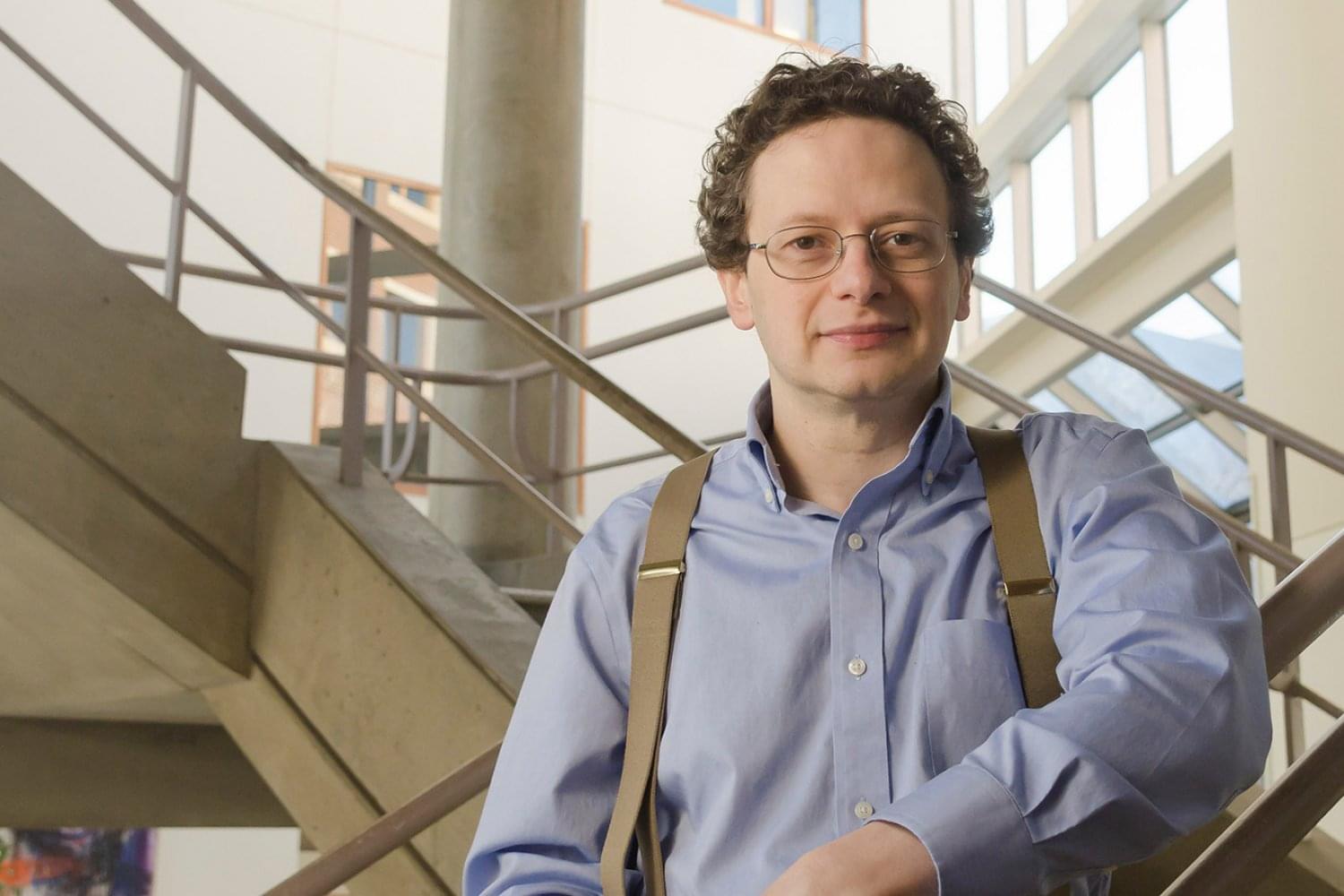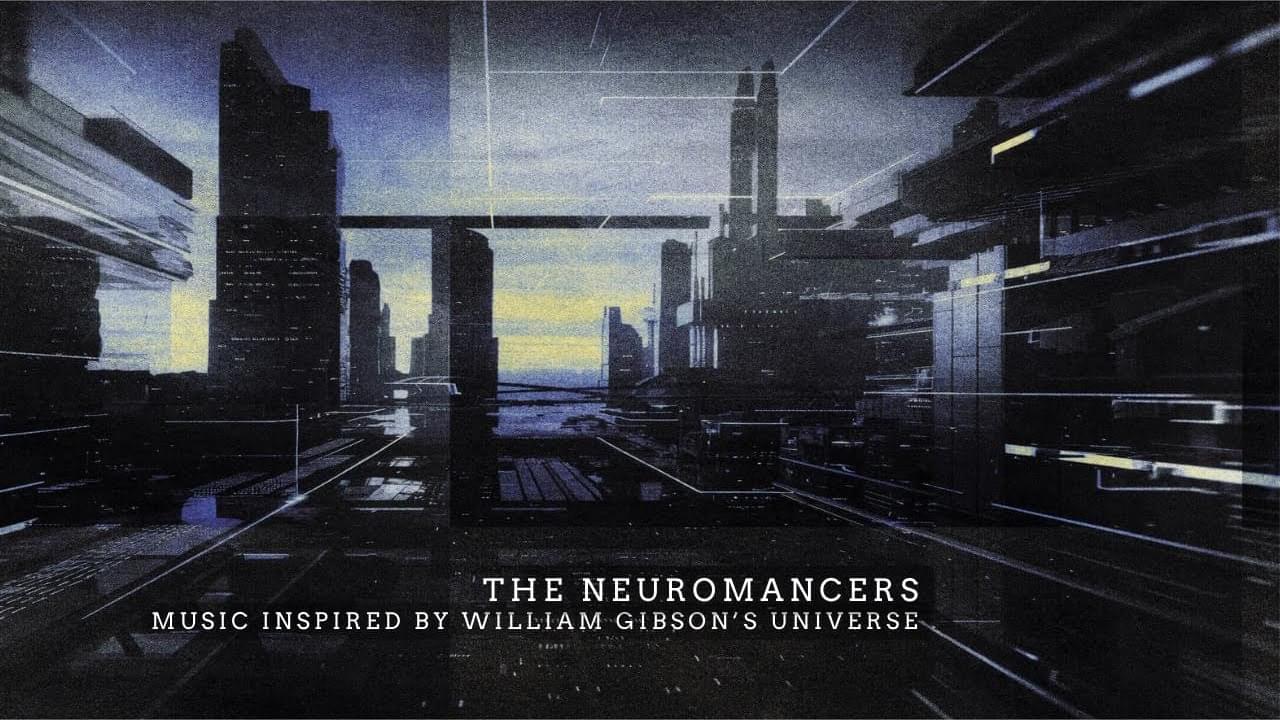Summary: New research reveals a striking gap between people’s theoretical desire to know their Alzheimer’s disease risk and their real-life decisions when results are actually offered. In a study of cognitively normal volunteers, only 60% chose to learn their estimated risk when given the chance, despite 81% expressing prior interest.
Category: biotech/medical – Page 2
A selfie can be used as a tool to help doctors determine a patient’s “biological age” and judge how well they may respond to cancer treatment, a new study suggests.
Because humans age at “different rates” their physical appearance may help give insights into their so-called “biological age” – how old a person is physiologically, academics said.
The new FaceAge AI tool can estimate a person’s biological age, as opposed to their actual age, by scanning an image of their face, a new study found.
So size does matter?
Mammal’s lifespans linked to brain size and immune system function, says new study.
The researchers looked at the maximum lifespan potential of 46 species of mammals and mapped the genes shared across these species. The maximum lifespan potential (MLSP) is the longest ever recorded lifespan of a species, rather than the average lifespan, which is affected by factors such as predation and availability of food and other resources.
The researchers, publishing in the journal Scientific Reports, found that longer-lived species had a greater number of genes belonging to the gene families connected to the immune system, suggesting this as a major mechanism driving the evolution of longer lifespans across mammals.
For example, dolphins and whales, with relatively large brains have maximum lifespans of 39 and up to 100 years respectively, those with smaller brains like mice, may only live one or two years.
However, there were some species, such as mole rats, that bucked this trend, living up to 20 years despite their smaller brains. Bats also lived longer than would be expected given their small brains, but when their genomes were analysed, both these species had more genes associated with the immune system.
The results suggest that the immune system is central to sustaining longer life, probably by removing aging and damaged cells, controlling infections and preventing tumour formation.
New research reveals that hypoglycemia may worsen diabetic retinopathy by breaking down the blood-retinal barrier.
Hypertension and other health risks accelerate brain aging, as shown in a 16-year study using MRI data and predictive modeling.
Chinese scientists have conducted a population-based cohort study to examine the long-term impact of unhealthy lifestyles, metabolic abnormalities, and other risk factors on brain aging. The findings showed that these factors significantly accelerate brain aging, and the researchers proposed strategies to support brain health. Their study was published in Research.
Background.
Distal regulation — the ability to control genes from far away, over many tens of thousands of DNA letters — appeared at the very dawn of animal evolution, between 650 and 700 million years ago — around 150 million years earlier than previously thought.
As director of the MIT BioMicro Center (BMC), Stuart Levine ’97 wholeheartedly embraces the variety of challenges he tackles each day. One of over 50 core facilities providing shared resources across the Institute, the BMC supplies integrated high-throughput genomics, single-cell and spatial transcriptomic analysis, bioinformatics support, and data management to researchers across MIT. The BioMicro Center is part of the Integrated Genomics and Bioinformatics core facility at the Robert A. Swanson (1969) Biotechnology Center.
“Every day is a different day,” Levine says, “there are always new problems, new challenges, and the technology is continuing to move at an incredible pace.” After more than 15 years in the role, Levine is grateful that the breadth of his work allows him to seek solutions for so many scientific problems.
By combining bioinformatics expertise with biotech relationships and a focus on maximizing the impact of the center’s work, Levine brings the broad range of skills required to match the diversity of questions asked by investigators in MIT’s Department of Biology and Koch Institute for Integrative Cancer Research, as well as researchers across MIT’s campus.
MIT Associate Professor Bin Zhang takes a computational approach to studying the 3D structure of the genome: He uses computer simulations and generative AI to understand how a 2-meter-long string of DNA manages to fit inside a cell’s nucleus.
What if with the condition machine super intelligence is possible once one comes into existence it sends von Neumann machines that converts solar systems into computers of like power and intelligence such machines would be factories miles long and they as well would be do the same until the entire galaxy would become an artificially intelligent entity procreating matrioska brains.
Adi Newton’s track from the compilation “The Neuromancers. Music inspired by William Gibson’s universe” published by Unexplained Sounds Group: https://unexplainedsoundsgroup.bandca… dl, cd, book. Music by: Adi Newton, NYORAI, Oubys (Wannes Kolf), Mario Lino Stancati, Joel Gilardini, Tescon Pol, phoanøgramma, Dead Voices On Air, SIGILLUM S, Richard Bégin, André Uhl. Stories by: Stories by: Andrew Coulthard, Chris McAuley, Glynn Owen Barrass, J. Edwin Buja, Michael F. Housel, Paolo L. Bandera, Rusell Smeaton, Scott J. Couturier. The soundtrack of a future in flux As the father of cyberpunk, William Gibson imagined a world where technology and society collide, blurring the boundaries between human and machine, individual and system. His novels, particularly Neuromancer, painted a dystopian future where sprawling megacities pulse with neon, corporations rule from the shadows, and cyberspace serves as both playground and battlefield. In his vision, technology is a tool of empowerment and control, a paradox that resonates deeply in our contemporary world. Gibson’s work has long since transcended literature, becoming a blueprint for how we understand technology’s role in shaping our lives. The term cyberspace, which he coined, feels more real than ever in today’s internet-driven world. We live in a time where virtual spaces are as important as physical ones, where our identities shift between digital avatars and flesh-and-blood selves. The rapid rise of AI, neural interfaces, and virtual reality feels like a prophecy fulfilled — as though we’ve stepped into the pages of a Gibson novel. A SONIC LANDSCAPE OF THE FUTURE The influence of cyberpunk on contemporary music is undeniable. The genre’s aesthetic, with its dark, neon-lit streets and synth-driven soundscapes, has found its way into countless genres, from techno and industrial to synthwave and ambient. Electronic music, in particular, feels like the natural soundtrack of the cyberpunk world — synthetic, futuristic, and often eerie, it evokes the idea of a humanity at the edge of a technological abyss. The cyberpunk universe forces us to confront uncomfortable truths about the way we live today: the increasing corporatization of our world, the erosion of privacy, and the creeping sense that technology is evolving faster than we can control. Though cyberpunk as a literary genre originated in the 1980s, its influence has only grown in the decades since. In music, the cyberpunk ethos is more relevant than ever. Artists today are embracing the tools of technology not just to create new sounds, but to challenge the very definition of music itself. THE FUTURE OF MUSIC IN A CYBERPUNK WORLD Much like Gibson’s writing, the music in this compilation embraces technology not only as a tool but as a medium of expression. It’s no coincidence that many of the artists featured here draw from electronic, industrial, and experimental music scenes—genres that have consistently pushed the boundaries of sound and technology. The contributions of Adi Newton, a pioneering figure in cyberpunk music, along with artists such as Dead Voices On Air, Sigillum S, Tescon Pol, Oubys, Joel Gilardini, phoanøgramma, Richard Bégin, Mario Lino Stancati, Nyorai, Wahn, and André Uhl, each capture unique facets of the cyberpunk universe. Their work spans from the gritty, rebellious underworlds of hackers, to the cold, calculated precision of AI, and the vast, sprawling virtual landscapes where anything is possible—and everything is controlled. These tracks serve as a sonic exploration of Gibson’s vision, translating the technological, dystopian landscapes of his novels into sound. They are both a tribute and a challenge, asking us to reflect on what it means to be human in a world where technology has permeated every corner of our existence. Just as Gibson envisioned a future where humanity and machines converge, the artists in this compilation fuse organic and synthetic sounds, analog and digital techniques, to evoke the tensions of the world he foretold. Curated and mastered by Raffaele Pezzella (Sonologyst). Layout by Matteo Mariano. Cat. Num. USG105. Unexplained Sounds Network labels: https://unexplainedsoundsgroup.bandca… https://eighthtowerrecords.bandcamp.com https://sonologyst.bandcamp.com https://therecognitiontest.bandcamp.com https://zerok.bandcamp.com https://reversealignment.bandcamp.com Magazine and radio (Music, Fiction, Modern Mythologies) / eighthtower Please subscribe the channel to help us to create new music and videos. Great thanks to the patrons and followers for supporting and sustain the creative work we’re doing. Facebook:
/ unexplaineds… Instagram:
/ unexplained… Twitter:
/ sonologyst.
Such questions quickly run into the limits of knowledge for both biology and computer science. To answer them, we need to figure out what exactly we mean by “information” and how that’s related to what’s happening inside cells. In attempting that, I will lead you through a frantic tour of information theory and molecular biology. We’ll meet some strange characters, including genomic compression algorithms based on deep learning, retrotransposons, and Kolmogorov complexity.
Ultimately, I’ll argue that the intuitive idea of information in a genome is best captured by a new definition of a “bit” — one that’s unknowable with our current level of scientific knowledge.



